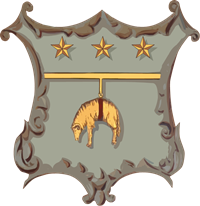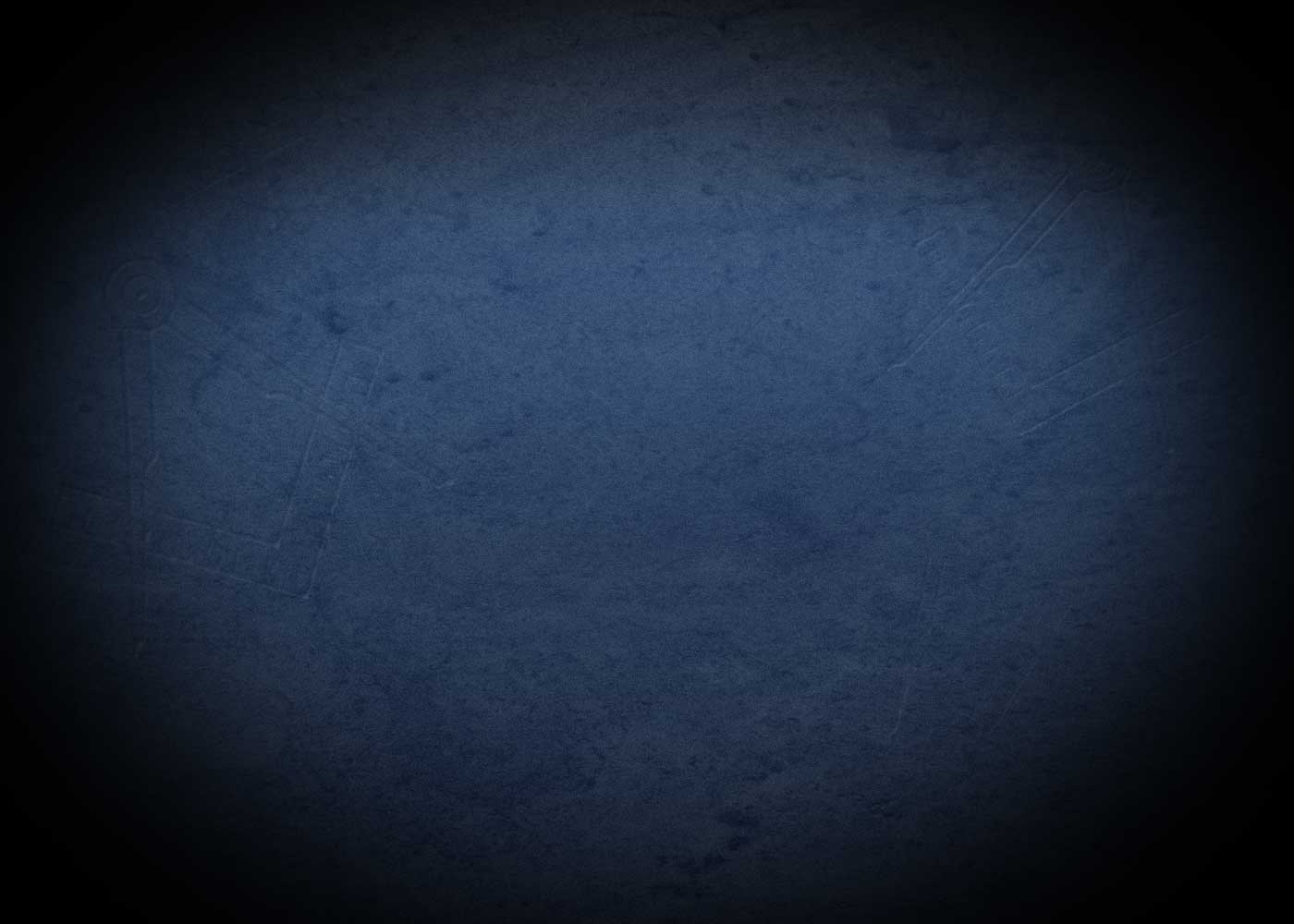Freemasonry means different things to each of those who join. For some, it’s about making new friends and acquaintances. For others it’s about being able to help deserving causes – making a contribution to family and for society. But for most, it is an enjoyable hobby.
Freemasonry is one of the world’s oldest and largest non-religious, non-political, fraternal and charitable organisations. It teaches self-knowledge through participation in a progression of ceremonies. Members are expected to be of high moral standing and are encouraged to speak openly about Freemasonry. The following information is intended to explain Freemasonry as it is practised under the United Grand Lodge of England, which administers Lodges of Freemasons in England and Wales and in many places overseas.
Freemasonry is a society of men concerned with moral and spiritual values. Its members are taught its principles (moral lessons and self-knowledge) by a series of ritual dramas – a progression of allegorical two-part plays which are learnt by heart and performed within each Lodge – which follow ancient forms, and use stonemasons’ customs and tools as allegorical guides.
Why are we sometimes referred to as a secret society?
We are not, but Lodge meetings, like those of many other groups, are private, open only to members. The rules and aims of Freemasonry are available to the public, many of the well known books on Freemasonry being available from the local library. Local Lodges, Grand Lodge and Provincial Grand Lodges have websites. Meeting places are known and in many areas the local community for activities other than Freemasonry uses them. Members are encouraged to speak openly about Freemasonry. Masons have sometimes been understandably reticent about discussing their membership, perhaps fearing discrimination which may have affected their employment adversely. Such discrimination has been challenged legally.
What are the secrets of Freemasonry?
The secrets in Freemasonry are the traditional modes of recognition. They are not used indiscriminately, but solely as a test of membership, e.g. when visiting a Lodge where you are not known.
Why do Freemasons take oaths?
New members make solemn promises concerning their conduct in Lodge and in society. Each member also promises to keep confidential the traditional methods of proving that he is a Freemason, which he would use when visiting a Lodge where he is not known. Freemasons do not swear allegiances to each other or to Freemasonry. Freemasons promise to support others in times of need, but only if that support does not conflict with their duties to God, the law, their family or with their responsibilities as Citizens.
What happens at a lodge meeting?
The meeting, which like those of other groups, are open only to members, is normally in two parts. First, there are normal administrative procedures such as:
• Minutes of the previous meeting
• Proposing and balloting for new members
• Discussing and voting on the annual accounts
• Masonic news and correspondence
• News about charitable work
Second, there are the ceremonies for:
• Admitting new members
• The annual installation of the Master of the Lodge and his officers
Are Freemasons expected to give preference to fellow members?
Certainly not. This would be unacceptable and may lead to action being taken against those involved. On joining, each new member states that he expects no material gain from membership.
Who do the Masonic charities donate to?
Whilst there are Masonic charities that cater specifically, but not exclusively, for Masons or their dependants, others make significant grants to non-Masonic organisations.
What is Freemasonry’s relationship with religion?
All Freemasons are expected to have a religious belief, but Freemasonry does not seek to replace a Mason’s religion or provide a substitute for it. It deals in a man’s relationship with his fellow man not in a man’s relationship with his God.
Why do some churches not like Freemasonry?
There are elements within churches who misunderstand Freemasonry and its objectives. They confuse secular rituals with religious liturgy. There are many Masons in churches where their leaders have been openly critical of the organisation. Masonry has always actively encouraged its members to be active in their own religion.
Does Freemasonry accept Roman Catholics?
Yes. Four Grand Masters of English Freemasonry have been Roman Catholics. Today there are many Roman Catholic Freemasons.
What is Freemasonry’s relationship with politics?
Freemasonry, as a body, will never express a view on politics or state policy. The discussion of politics at Masonic meetings has always been prohibited.
Is Freemasonry an international order?
Freemasonry exists throughout the world. However, each Grand Lodge is sovereign and independent. There is no international governing body for Freemasonry.
Are there women Freemasons?
Yes. Whilst UGLE, following the example of medieval stonemasons, is, and has always been, restricted to men, women Freemasons have two separate Grand Lodges, which are restricted to women.
Why do you wear regalia?
Wearing regalia is historic and symbolic. Like a uniform, the regalia indicates the rank of the wearer in the organisation.
How many Freemasons are there?
Under the United Grand Lodge of England, there are over 200,000 Freemasons.
There are Grand Lodges in Ireland, which covers both Northern Ireland and Eire, and Scotland which have a combined total of approximately 150,000 members.
Worldwide, there are approximately six million Freemasons.
How much does it cost to be a Freemason?
It varies from Lodge to Lodge. Anyone wishing to join will find a Lodge to suit his pocket. There is an initiation fee on entry and in due course regalia will have to be bought. The meeting is normally followed by a dinner, the cost depending on the venue. There is, in addition, an annual subscription.
Members are invited to give to charity but this should always be within their means and it is entirely up to the individual how much they wish to contribute.

